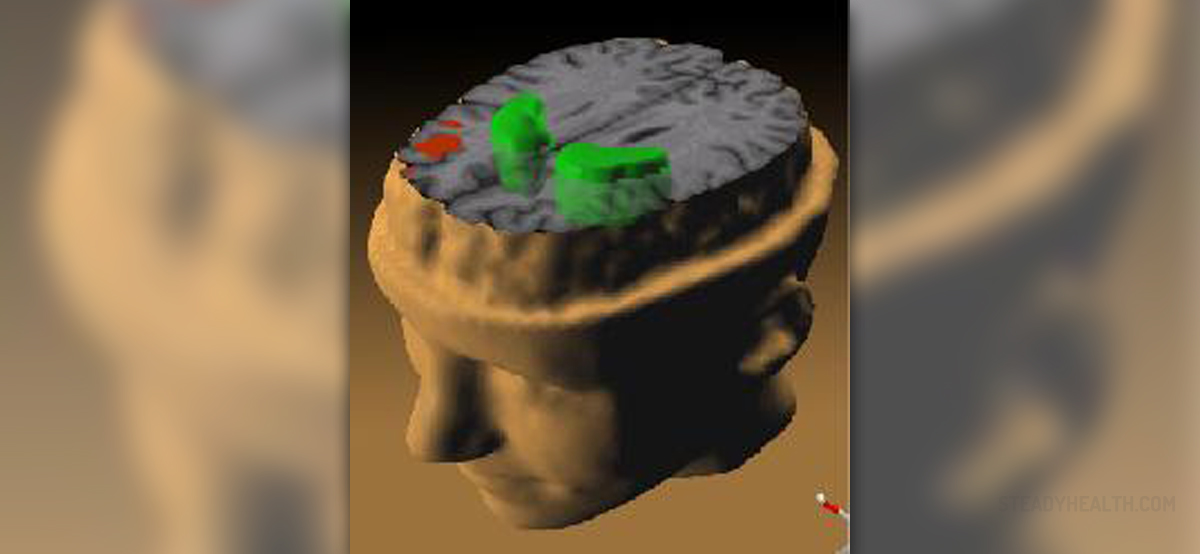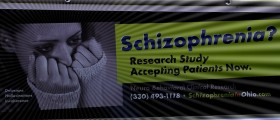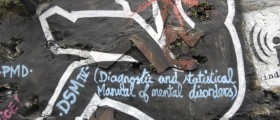
Paranoid schizophrenia is a chronic mental illnesses and only one type of schizophrenia. Patients suffering from paranoid schizophrenia are susceptible to many complications of the disease and most of them undergo several treatments. The condition is untreatable but the symptoms and signs may be partially brought under control.
Paranoid Schizophrenia Overview
Patients suffering from paranoid schizophrenia have delusions and they hear things that are actually not real. Even though such patients can function better comparing to those suffering from other types of schizophrenia, they generally have problems with memory, concentration and emotions. One of the most serious complications of paranoid schizophrenia is suicidal behavior.
Auditory hallucinations, delusions, anxiety, anger, emotional distance, violence and suicidal thoughts/behavior are only some of characteristics of this mental illness. Still, among all the previously mentioned delusions and auditory hallucinations represent the most distinctive symptoms of paranoid schizophrenia.
The actual cause of paranoid schizophrenia remains unknown, but some scientists believe that it may affect people with a family history of the condition or results from exposure to viruses while being in the uterus. Stressful life circumstances as well as taking psychoactive drugs during adolescence may trigger paranoid schizophrenia.
Treatment for Paranoid Schizophrenia
Treatment for this type of schizophrenia is actually similar to treatment of other types of this mental illness.
Patients are treated by a well experienced psychiatrist. Still, it is also possible to form treatment teams because the condition interferes in many areas of patient' life. Such teams generally include a family doctor, psychiatrist, pharmacist, patient's family, case worker, social worker and psychiatric nurse.
Treatment options include medications, psychotherapy, electroconvulsive therapy and vocational skills training. In order to be treated properly some patients may require hospitalization while others continue living with their family and have regular sessions with their doctors.
Patients suffering from schizophrenia may be prescribed different drugs including first-generation antipsychotics, second-generation antipsychotics or some other drugs such as antidepressants or anti-anxiety medications. Mood-stabilizers are also prescribed to certain number of patients. The doctor chooses the most adequate drugs according to patient's symptoms and closely monitors all potential side effects.
Psychotherapy is actually the cornerstone for all patients suffering from paranoid schizophrenia. Such therapy can be individual or include family members. Patients are taught how to cope with stress and all challenges the conditions poses. Cognitive behavioral therapy is of major importance for such patients. Psychotherapy improves communications skills and strengthens all the patient's relationships.
Hospitalization is recommended in patients who represent a threat to themselves or the surrounding people. During hospitalization patients undergo all the previously mentioned treatments and they may additionally be treated with electroconvulsive therapy (ECT). This treatment is based on application of electric currents. These pass through patient's brain and affect brain chemistry. And finally, social and vocational skills training are essential for patients to feel independent and act accordingly.

















Your thoughts on this
Loading...